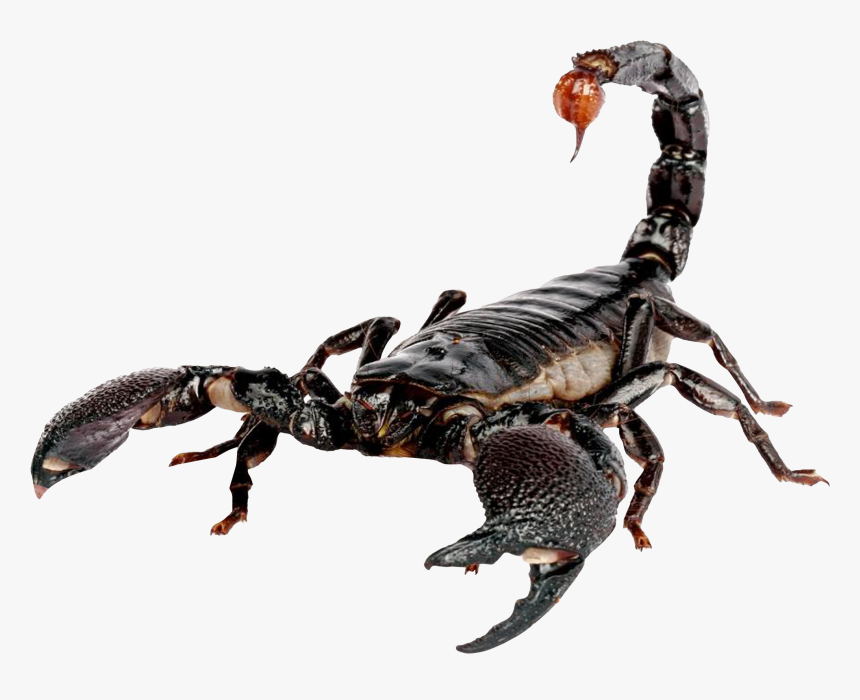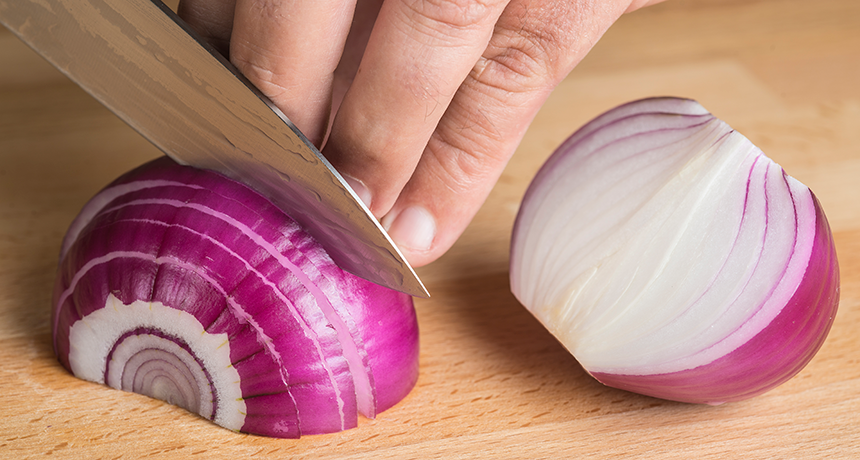Scorpions are predatory creatures that belong to the arachnid family. They have eight legs and can be recognized by their pair of grasping pedipalps, which resemble pinchers, and their narrow, segmented tail. This tail is often carried in a forward curve over a scorpion’s back and ends with a stinger.
It’s possible to die from a scorpion sting, though unlikely. There are an estimated 1,500 species of scorpion in the world, and only 30 of these produce venom toxic enough to be fatal. In the United States, there is only one species of venomous scorpion, the bark scorpion.
The pain you feel after a scorpion sting is instantaneous and extreme. Any swelling and redness will usually appear within five minutes. More severe symptoms, if they’re going to occur, will come on within the hour.
Signs and symptoms at the site of a scorpion sting may include:
- Pain, which can be intense
- Numbness and tingling
- Slight swelling
- Warmth
Signs and symptoms related to widespread (systemic) venom effects usually occur in children who are stung and may include:
- Difficulty breathing
- Muscle twitching or thrashing
- Unusual head, neck, and eye movements
- Drooling
- Sweating
- Nausea and vomiting
- High blood pressure (hypertension)
- Accelerated heart rate (tachycardia)
- Restlessness or excitability, or inconsolable crying in children.
How long does a scorpion sting last?
Most scorpion sting symptoms go away without treatment within 48 hours. The symptoms of more severe scorpion stings can continue to develop for 24 hours. Your doctor will want to watch you carefully for that amount of time to manage your symptoms and make sure new ones do not develop.
What are Onions?
Onions (Allium cepa) are bulb-shaped vegetables that grow underground. Also known as bulb onions or common onions, they are grown worldwide and are closely related to chives, garlic, scallions, shallots, and leeks. Onions may have several health benefits, mostly due to their high content of antioxidants and sulfur-containing compounds.
They have antioxidant and anti-inflammatory effects and have been linked to a reduced risk of cancer, lower blood sugar levels, and improved bone health. Commonly used as a flavoring or side dish, onions are a staple food in many cuisines. They can be baked, boiled, grilled, fried, roasted, sautéed, powdered, or eaten raw.
Onions vary in size, shape, and color, but the most common types are white, yellow, and red. The taste ranges from mild and sweet to sharp and spicy, depending on the variety and season.
Does onion work for scorpion sting?
No, while onions have some anti-inflammatory properties, they are ineffective when it comes to a venomous scorpion sting, even an ice pack may seem like it will be useful in reducing the numbness and pain caused by a scorpion sting, symptoms can come back with greater intensity when the ice pack is removed.
If you or your loved one has suffered a scorpion sting, seek medical assistance immediately, if symptoms are severe, you may need to receive care in a hospital. You may be given drugs through a vein (intravenously) to treat pain.
Scorpion antivenom may be given to children to prevent the development of symptoms. Adults with severe symptoms also may be given antivenom.
Home remedies
You can also take these simple, straightforward measures at home to address the pain:
- Clean the wound and apply a small amount of antibiotic ointment.
- Apply cool compresses to the injured area and elevate it to the same level as your heart.
- Take an over-the-counter painkiller like ibuprofen or acetaminophen.






